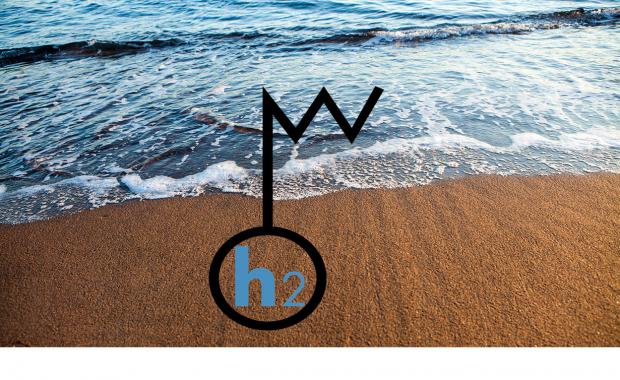
Breaking News
 Can You Sell Gold and Silver Without Reporting to the IRS?
Can You Sell Gold and Silver Without Reporting to the IRS?
 Tulsi Gabbard to make surprise appearance at Nat. St. election officials meeting in Washington DC
Tulsi Gabbard to make surprise appearance at Nat. St. election officials meeting in Washington DC
 Can Trump s Fed Chair Choice Save the Dollar- With Phillip Patrick
Can Trump s Fed Chair Choice Save the Dollar- With Phillip Patrick
 Have Battleborn Batteries? Watch this! Safety Issue Update
Have Battleborn Batteries? Watch this! Safety Issue Update
Top Tech News
 Critical Linux Warning: 800,000 Devices Are EXPOSED
Critical Linux Warning: 800,000 Devices Are EXPOSED
 'Brave New World': IVF Company's Eugenics Tool Lets Couples Pick 'Best' Baby, Di
'Brave New World': IVF Company's Eugenics Tool Lets Couples Pick 'Best' Baby, Di
 The smartphone just fired a warning shot at the camera industry.
The smartphone just fired a warning shot at the camera industry.
 A revolutionary breakthrough in dental science is changing how we fight tooth decay
A revolutionary breakthrough in dental science is changing how we fight tooth decay
 Docan Energy "Panda": 32kWh for $2,530!
Docan Energy "Panda": 32kWh for $2,530!
 Rugged phone with multi-day battery life doubles as a 1080p projector
Rugged phone with multi-day battery life doubles as a 1080p projector
 4 Sisters Invent Electric Tractor with Mom and Dad and it's Selling in 5 Countries
4 Sisters Invent Electric Tractor with Mom and Dad and it's Selling in 5 Countries
 Lab–grown LIFE takes a major step forward – as scientists use AI to create a virus never seen be
Lab–grown LIFE takes a major step forward – as scientists use AI to create a virus never seen be
 New Electric 'Donut Motor' Makes 856 HP but Weighs Just 88 Pounds
New Electric 'Donut Motor' Makes 856 HP but Weighs Just 88 Pounds
 Donut Lab Says It Cracked Solid-State Batteries. Experts Have Questions.
Donut Lab Says It Cracked Solid-State Batteries. Experts Have Questions.
"Exceptional" new catalyst cheaply splits hydrogen from seawater

Research into green hydrogen production is advancing at a rapid rate right now, as countries worldwide jockey to establish themselves in what's expected to become a huge global market for clean fuels. Australia's vast renewable energy potential and export-focused economy place it well to compete at high volumes internationally. But as a continent dominated by desert, it's also critically aware of water shortages and the dangers of shipping the lifeblood of its land overseas. Nine liters (2.4 gal) of fresh water per kilogram (2.2 lb) of hydrogen bodes poorly for bulk production.
Creating green hydrogen from seawater is harder than using fresh water; there's corrosion to think about, as well as lots of impurities and micro-organisms. You need coastal locations close to renewable energy – not a problem for a country as large and relatively empty as Australia, but definitely a factor elsewhere. At some scale you need to think about what you're putting back into the ocean after you've finished – whether you're creating dangerous levels of salinity or pumping high concentrations of toxic chlorine back into the marine environment.
But the benefits are pretty huge; not only is your water supply free when you use seawater, but if that hydrogen is burned or run through a fuel cell locally, fresh water is emitted that can filter through the water table and feed the parched land. Desalinated water is one heck of a bonus.



